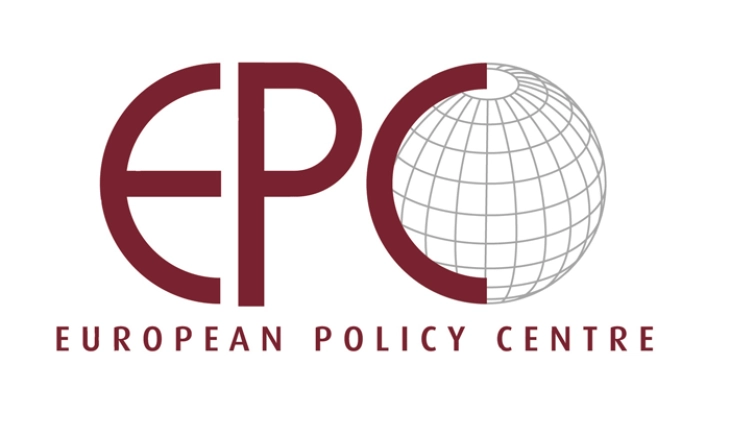EPC: Zaev’s defeat at elections exposes risks of EU’s “lukewarm commitment”

Brussels, 8 November 2021 (MIA) – The European Policy Centre (EPC), one of the most influential think tanks in Brussels, voices concern over the EU’s weak commitment to the enlargement policy and the inherent risks thereof, MIA reports from Brussels.
According to the EPC, it is unclear where the EU enlargement policy goes from here, and the promises to the Western Balkans are starting to ring hollow.
The gap between the rhetoric on support for the enlargement and concrete action lies at the heart of the think tank’s criticism, a month after the European Commission released the progress reports on the countries in the region.
The EPC also recalls the long debates between the Union’s members ahead of the Brdo Summit, where EU leaders “haggled over the mention of the word ‘enlargement’.”
In the end, the word enlargement made it into the final declaration, but on the explicit condition that the Union should ensure its own development and capacity to integrate members.
“That EU leaders would get stuck on semantics marks a new low for a policy which is otherwise described as “credible” and “strategic”. But it comes as little surprise,” says EPC, recalling the EU’s promise in Thessaloniki in 2003, as well as France and the Netherlands halting the enlargement, and Bulgaria blocking it now.
The crisis in North Macedonia after the local elections is also seen as partly thye fault of the EU.
“The new political crisis brewing in North Macedonia after the recent resignation of the Prime Minister Zoran Zaev and in the aftermath of the resounding victory scored by the conservative opposition in the October 2021 local elections exposes the inherent risks of the EU’s lukewarm commitment to the process. Getting on with the official launch of accession negotiations with North Macedonia and Albania, which have fulfilled the conditions set by the Commission, would be an essential next step for the EU to save face. But to prove that it really means its lofty words on enlargement, keeping promises should become a habit for the member states,” according to the EPC.
The think tank notes that in the past 15 years, despite all efforts of the European Commission to refine its enlargement strategy to help the Balkan countries strengthen reforms, results are still underwhelming, as there are serious and persistent problems with the rule of law, the independence of the judiciary, media freedom, and the fight against organised crime and corruption throughout the region, including in front-runners Montenegro and Serbia.
The region is also facing socio-economic challenges, the EPC points out, and the COVID-19 pandemic has only made matters worse.
“In time, the Commission has mastered the art of turning political issues into technical benchmarks, and so far, this has worked to keep the process rolling. But its box of tools and tricks has limits when it comes to democracy- and nation-building or reconciliation in war-torn, multi-ethnic societies, statehood and bilateral disputes, and even the creation of functioning market economies,” says the think tank.
The more these issues rise in importance and start conditioning progress in the overall enlargement process, according to the EPC, the more the shortage of answers becomes obvious.
“Clearly, reform is not just a matter of EU prescription. It also relies on political will and implementation in the Western Balkans – which are both still missing in most countries,” the EPC says.
The think tank adds that a technical process – as strict and rigorous as it may be – will never suffice to complete the European Union without strong political resolve, an unshakeable vision of a joint future and a lot more generous support from the EU.







